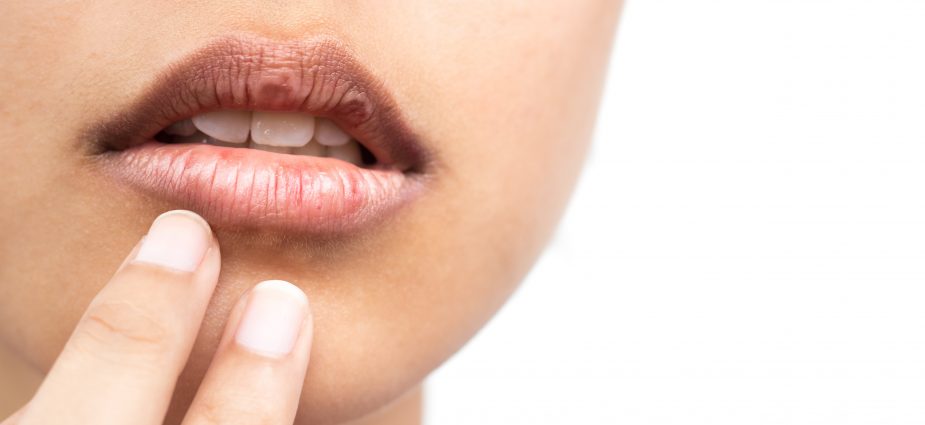What are the 4 basic types of insurance? How does insurance work?
### **The Four Basic Types of Insurance**
Insurance can be categorized into several types, but four basic types are widely recognized as essential for individuals and families. These are:
---
### **1. Life Insurance**
**Purpose:** Provides financial support to your family or dependents in the event of your death.
- **How It Works:**
- The policyholder pays premiums to the insurer.
- If the policyholder passes away while the policy is active, the insurer pays a death benefit to the beneficiaries.
- Policies can be **term-based** (covering a specific time period) or **permanent** (lifetime coverage with savings/investment components).
- **Key Features:**
- Protects loved ones from financial hardship.
- Can help cover debts, education expenses, or daily living costs.
---
### **2. Health Insurance**
**Purpose:** Covers medical expenses, including doctor visits, surgeries, and prescriptions.
- **How It Works:**
- The policyholder pays premiums and sometimes additional costs like deductibles or copayments.
- The insurer covers eligible healthcare expenses according to the terms of the policy.
- Coverage may be for preventive care, emergencies, chronic illnesses, or specialist treatments.
- **Key Features:**
- Prevents financial strain from high medical costs.
- Often provided by employers or purchased individually.
---
### **3. Auto Insurance**
**Purpose:** Provides financial protection for vehicle-related risks, including accidents, theft, and damage.
- **How It Works:**
- Drivers pay premiums based on factors like driving history, vehicle type, and location.
- In the event of an accident or covered event, the insurer compensates for damages or injuries up to the policy limits.
- **Key Features:**
- Liability coverage is often mandatory in most jurisdictions.
- Additional coverage options include collision and comprehensive policies.
---
### **4. Property Insurance**
**Purpose:** Protects homes, buildings, and personal belongings against risks like fire, theft, and natural disasters.
- **How It Works:**
- Policyholders pay premiums based on the value of the property and the type of coverage.
- If damage or loss occurs due to a covered peril, the insurer pays for repairs or replacements.
- **Key Features:**
- Includes homeowners insurance, renters insurance, and landlord policies.
- May cover both the structure and its contents.
---
### **How Does Insurance Work?**
Insurance is a financial arrangement where risk is transferred from an individual or entity (the insured) to an insurance company (the insurer). Here's a step-by-step explanation:
#### **1. Application and Underwriting**
- The policyholder applies for coverage, providing details about their risk profile (e.g., health, property value, driving record).
- The insurer assesses the risk (underwriting) to decide:
- Whether to offer coverage.
- The premium amount based on the level of risk.
#### **2. Paying Premiums**
- The insured pays regular premiums (monthly, quarterly, or annually) to keep the policy active.
- These payments form a pool of funds used by the insurer to cover claims.
#### **3. Coverage Period**
- The policy specifies the terms, including:
- What is covered (e.g., medical bills, vehicle damage).
- Exclusions (what isn’t covered).
- Policy limits (the maximum amount the insurer will pay).
#### **4. Filing a Claim**
- If a covered event occurs, the insured files a claim with the insurer.
- The insurer evaluates the claim to verify if the event is covered and determines the payout amount.
#### **5. Compensation**
- If approved, the insurer compensates the insured for the covered losses, either by paying directly to service providers (e.g., hospitals, repair shops) or reimbursing the insured.
#### **6. Risk Pooling**
- Insurance companies rely on pooling risk.
- Many people pay premiums, but only a small percentage file claims.
- This allows insurers to cover large losses for those who experience them.
---
### **Key Principles That Govern Insurance**
1. **Utmost Good Faith:** Both parties must provide complete and honest information.
2. **Indemnity:** The insured is compensated to restore them to their financial position before the loss (not for profit).
3. **Insurable Interest:** The insured must have a legitimate interest in the item or person insured.
4. **Proximate Cause:** Only losses caused directly by covered events are eligible for compensation.
---
### **Benefits of Insurance**
- **Financial Protection:** Shields against unexpected costs.
- **Legal Compliance:** Certain types (e.g., auto insurance) are mandatory.
- **Peace of Mind:** Reduces stress by providing a safety net.
- **Encourages Savings:** Some policies, like whole life insurance, also function as investment vehicles.
---
By understanding the types of insurance and how they work, individuals and businesses can make informed decisions to safeguard their financial future.






